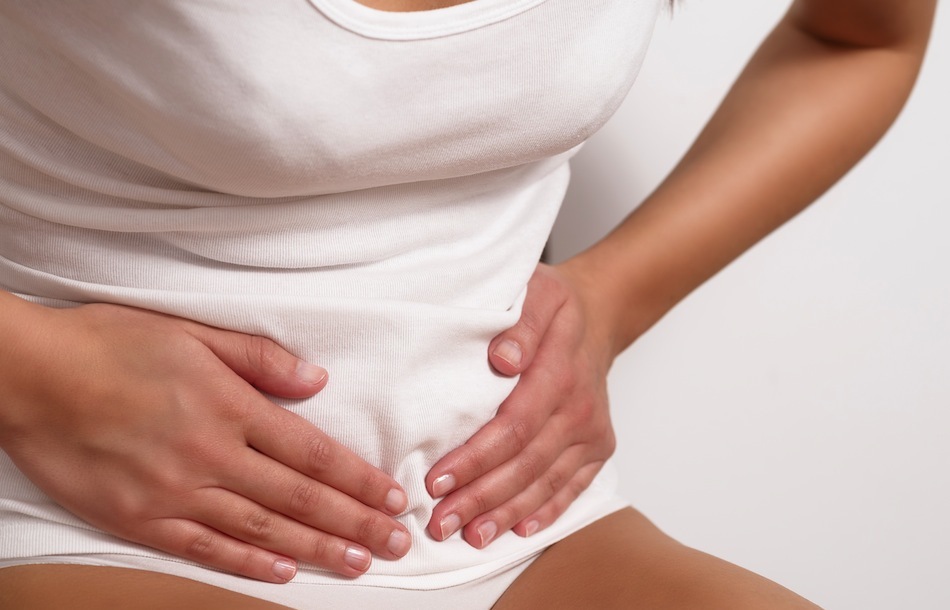Exercises during pregnancy are not only good to keep the mother and the baby healthy but also prepare the body for the rigours of labour. Regular exercises ready the muscles and ligaments in the pelvis to get through delivery with lesser effort.
According to the American College of Obstetricians and Gynaecologist,[1] term pregnancy is divided into four stages:
- Early term – between 37 weeks 0 days to 38 weeks 6 days.
- Late term – between 39 weeks 0 days and 40 weeks 6 days.
- Full term – between 41 weeks 0 days and 6 days.
- Post term – between 42 weeks 0 days and beyond.
11 Effective Exercises to Induce Labor Naturally
Pelvic Tilts
These are great to strengthen the pelvic muscles and prep them from labour. It is one of the best exercises and can be started early in pregnancy. Begin by lying down on the back with the knees bent and feet on the floor. Flatten the back on the floor and slowly bend the pelvis up. Hold this position for about 10 seconds and then release slowly. It also helps in easing back pain during pregnancy and strengthens the abdominal muscles.
Squatting
It is one of the most natural and safest exercises that can be done during pregnancy. It builds strength in various muscles in the thigh, lower back and abdomen and opens up the pelvis. It also helps to orient the baby into position for delivery. Stand with the feet slightly wider and toes pointing forward. For support keep a chair in front to hold. Keeping the back straight, go down as though wanting to sit on a chair and inhale. One can either do a full squat or a half one whichever is more comfortable. Hold the position for 5 or 10 seconds and rise up slowly while exhaling.
Read More:Breathing Exercises During Pregnancy: Must Know Benefits and Exercises for Moms-To-Be
Exercise Ball
Sit in the centre of the ball with the feet flat on the ground and knees bent. Use the feet to roll back and forth or bounce gently on the ball. These are some of the good exercises to induce labour at 38 weeks as it may help to position the baby for a natural birth.
Read More:Exercises to Avoid in Pregnancy
Kegel Exercises
These exercises activate the pelvic floor muscles, tighten the muscles that support the pelvic organs such as the bladder, urethra, vagina, uterus, small intestine and rectum. Strengthening the pelvic floor muscles can help during the pushing stage of labour. By relaxing them, one can ease the birthing process. Once you learn to control the pelvic floor muscles practice slow contractions. Contract the pelvic floor muscles for a count of five seconds and release for a count of five. Practice this 10 to 15 times a day.
Read More:11 Benefits of Kegel Exercise During Pregnancy
Butterflies
These are a simple exercise that open up the pelvis and build flexibility in the surrounding muscles along with strengthening the muscles of the back and thigh. Sit on the floor and put the feet together on the ground. Pulse the legs up and down like the wings of a butterfly and feel the muscles in the thighs stretch. Maintain a pace which is comfortable.
Lunges
These help in warming up the hips and open them to let the baby rotate and descent. They can be used to induce labour naturally. Stand and take one big step forward. Descend the lower back while pivoting on the front knee while the muscles on the back and hind leg stretch. Alternate the legs and repeat the exercise.
Stair Climbing
Climbing stairs requires all the muscles of the lower back and legs. The stretching and movement of the hips help to orient the baby’s head down towards the birth canal. It prepares the body for the physical exertion of labour. It also helps to dilate the pelvic region.
Walking
Walking helps the baby descend into the lower part of the uterus and stimulates the cervix to dilate and get ready for labour.
Sex
Orgasm can help to stimulate uterine contractions and the semen can help to soften the cervix.
Nipple Stimulation
Manually rolling the nipples between the fingers or using a breast pump for an even stronger stimulation can jump start uterine contractions. Breast feeding after the baby’s arrival naturally the uterus to contract back to its original size for the same reason.
Back Stretches
They help to relieve muscle tightness during labour. Facing the wall bend forward pivoting the hips to make a 90° angle with the legs. Place the hands on the wall at the shoulder level. Relax the head and look down. Lean back from the hips until you feel the stretch at the back. Hold the position for 10 seconds and release.
These are the basic simple exercises for would be mothers to get into an early labour pain. But it is advised not to do too much exercise as it may be harmful for the mother and the baby. Once or twice a day would be perfect.






















